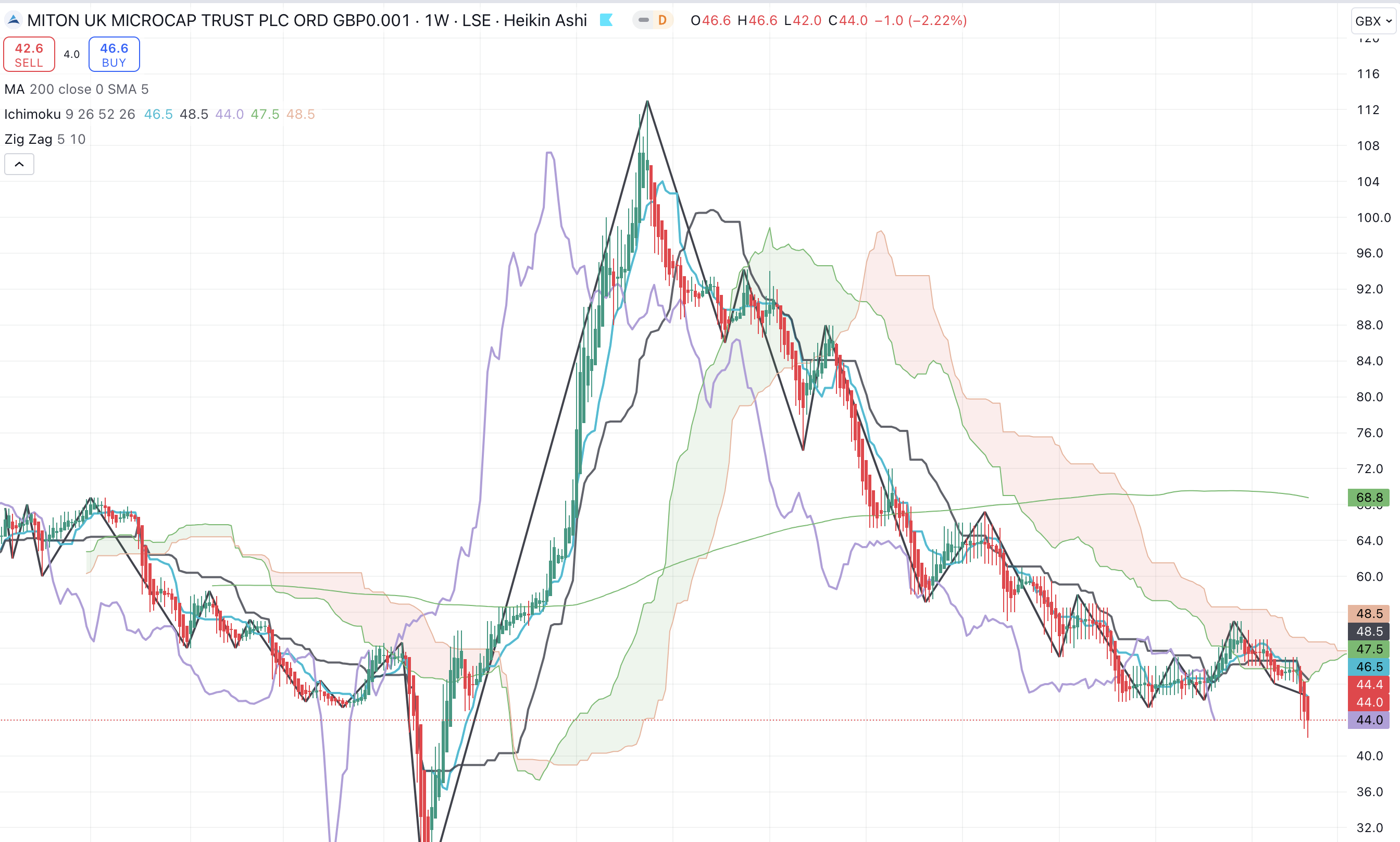Last week, I wrote about the potential for changes in tax legislation to lead to significant outflows from UK small caps and, in particular, from the AIM market. We are likely already seeing those outflows because investors fear an immediate change in capital gains tax rates. What I missed when I wrote in the last article is that rumours over a lower tax-free sum for SIPPs may be driving short-term selling, too. With such investors liquidating 25% of their equity portfolio in short order to get the cash out, this will be generating significant selling pressure.
The impact is particularly high on AIM stocks since there is also a fear that the inheritance tax relief that some AIM shares enjoy may be removed or curtailed. Given that some estimates put the amount of money deployed in the strategy at over 30% of the AIM market capitalisation, this would greatly impact share prices. Ironically, it would hit the higher-quality, normally stable companies much harder than the speculative stocks.
Is AIM broken?
These fears have led some investors to avoid the AIM market altogether, particularly as the long-term performance of the average AIM stock, as measured by the AIM100 Index, is woeful. However, in normal times, I am index-agnostic. I prefer to use my investment experience, plus the Stockopedia tools, to avoid companies where management teams are not aligned with shareholders' interests. While it is rare to see outright untruths published, there is often no one checking the public statements of fully-listed companies. Whereas with AIM companies, a NOMAD will have signed off their announcements. This may not mean much, depending on an investor's view of a particular NOMAD. Still, it undoubtedly adds an extra level of scrutiny that may not be present for smaller main-market-listed companies. There may be plenty of companies listed on AIM that investors will want to avoid, but I see little reason to avoid a company simply because it happens to be listed on AIM.
It isn't just individual investors that have been net sellers of smaller companies recently, either. Many investment managers focused on smaller UK companies and have continued to see net outflows. Take Liontrust Asset Management (LON:LIO) , for example. Last week, they reported further net outflows of £1.1 billion for the three months ended 30 September 2024, of which £904m was redeemed from retail funds. Having looked more positive…













